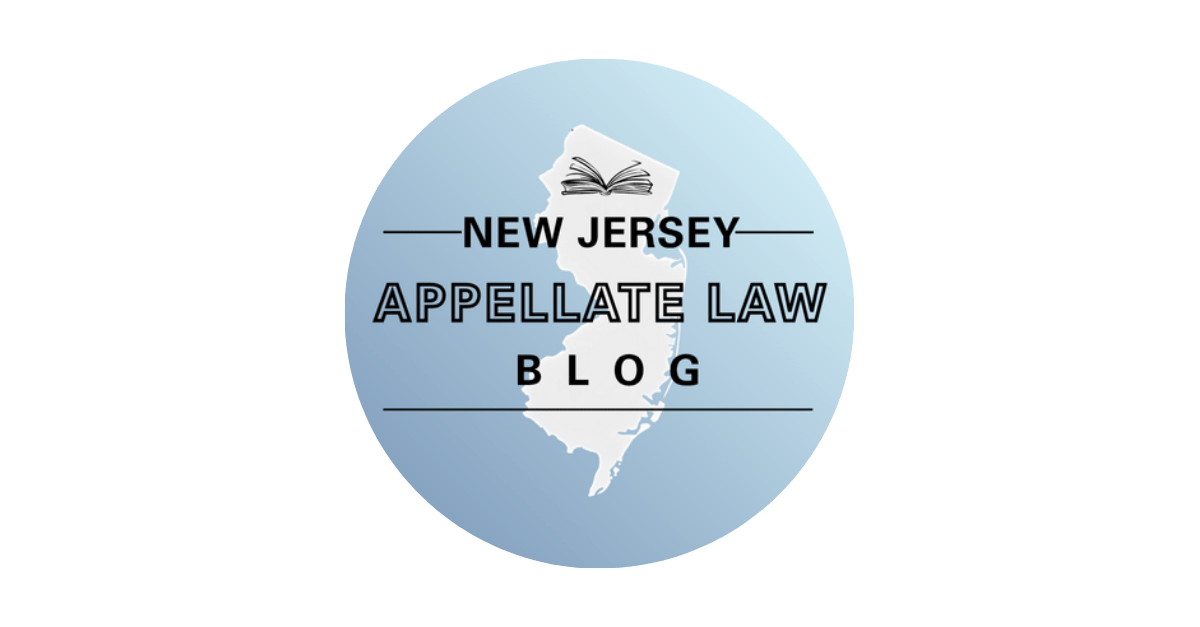In the Matter of Proposed Construction of Compressor Station (CS327), Office Building and Appurtentant Structures, Highlands Applicability Determination, Program Interest No.: 1615-17-0004.2 (APD200001), 476 N.J. Super. 556 (App. Div. 2023). Today is the final day of the current court Term, so this ruling today is the final published opinion of the Term. Perhaps fittingly, it was authored by Judge Accurso, who also wrote the first two published Appellate Division opinions of this Term, as discussed here.
The case involved an issue of statutory interpretation that has not been decided before. Judge Accurso concisely summarized the issue near the start of her opinion:
“The Department of Environmental Protection issued a Highlands Applicability Determination (HAD) to Tennessee Gas Pipeline Company, LLC exempting construction of a new compressor station in the Highlands Preservation Area from permitting review under N.J.S.A. 13:20-28(a)(11) (Exemption 11). Exemption 11 relieves a public utility from having to obtain a Highlands Preservation Area Approval for ‘routine maintenance and operations, rehabilitation, preservation, reconstruction, repair, or upgrade of public utility lines, rights of way, or systems,’ so long as ‘the activity is consistent with the goals and purposes of’ the Highlands Water Protection and Planning Act, N.J.S.A. 13:20-1 to -35. The Department issued the HAD without a determination as to whether the new compressor station qualifies as a ‘routine upgrade’ to Tennessee’s existing gas pipeline system because the DEP maintains ‘routine’ in Exemption 11 modifies only ‘maintenance and operations’ and does not modify ‘upgrade.'”
Several public interest entities appealed the issuance of the HAD. They contended that the statutory interpretation principle of noscitur a sociis, which the Supreme Court of the United States has translated as “a word is known by the company it keeps,” dictated that “routine” modifies “upgrade” in the statute. Judge Accurso and her colleagues agreed.
The panel was “guided by two interpretive principles — that ‘exception[s] to the provisions of a comprehensive statutory scheme. . . . are to be strictly but reasonably construed, consistent with the manifest reason and purpose of the law,” and that ‘whatever the rule of [statutory] construction, it is subordinate to the goal of effectuating the legislative plan as it may be gathered from the enactment read in full light of its history, purpose, and context” (citations omitted). The Highlands Act was “plainly intended to subject major development in the Preservation Area to stringent regulation.” And the Legislature, “in ringing tones,” declared that the Highlands contained “exceptional natural resources,” so that the statute’s purposes were served by limiting Exemption 11 to “routine” upgrades. In fact, Judge Accurso said, it would be an absurd reading of the statute to say that “routine” applies to some of the listed items but not to “upgrade.”
“Nothing in the agency record” indicated that the DEP had decided, or even considered, whether the upgrade was a “routine” one. Accordingly, the Appellate Division vacated the HAD and remanded the matter to the agency for further proceedings, including as to whether the upgrade was “routine.”

